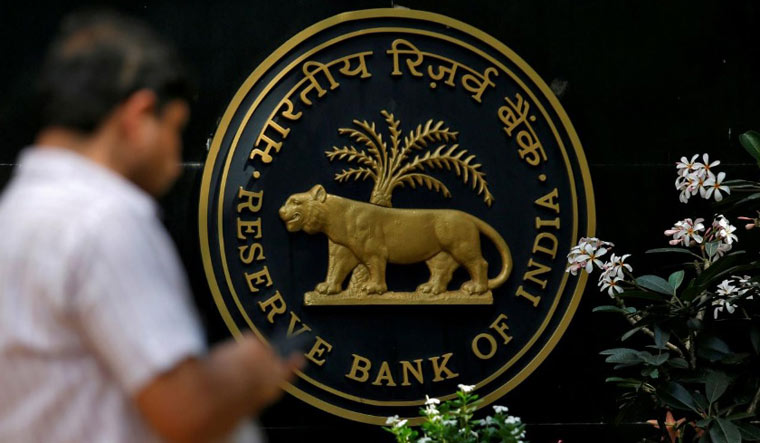The total cases of frauds (involving Rs 1 lakh and above) reported by banks and financial institutions jumped 159 per cent year-on-year in value terms and 28 per cent by volume, in the year ended March 2020, the Reserve Bank of India said in its annual report on Tuesday.
In 2019-20, the reported number of frauds in value terms was close to Rs 1.85 lakh crore, according to the RBI data. In the previous year ended March 2019, Rs 71,543 crore worth frauds were reported.
For the April-June 2020 quarter, the value of frauds stood at Rs 28,843 crore, compared with Rs 42,228 crore, in the same period a year ago.
The central bank, however, pointed that the date of occurrence of these frauds was spread over several previous years.
“Frauds have been predominantly occurring in the loan portfolio (advances category), both in terms of number and value,” the RBI said.
It also noted that the top 50 credit-related frauds constituted 76 per cent of the total amount reported as frauds during 2019-20. Incidents related to other areas of banking, like off-balance sheet and foreign exchange transactions declined year-on-year, it added.
Of the Rs 1.85 lakh crore in reported frauds in 2019-20, public sector banks accounted for close to 80 per cent, while private lenders accounted for 18 per cent.
The RBI said that the average lag in detection of frauds remains long with the average lag between the date of occurrence of frauds and their detection by banks at 24 months in 2019-20. In large frauds of Rs 100 crore and above, the average lag was 63 months, it added.
“Weak implementation of Early Warning Signals (EWS) by banks, non-detection of EWS during internal audits, non-cooperation of borrowers during forensic audits, inconclusive audit reports and lack of decision making in joint lenders' meetings account for delay in detection of frauds,” the central bank mentioned.
It said that the EWS mechanism was now getting revamped along with strengthening of the concurrent audit function, with timely and conclusive forensic audits of borrower accounts under scrutiny.
An advisory board for banking frauds has been created in consultation with the central vigilance commission (CVC). It will function as the first level of examination of all large value fraud cases before recommendations/references are made to the investigating agencies by the state-owned banks.
The jurisdiction of the ABBF would be confined to those cases involving the general managers and above in banks, the RBI noted.



